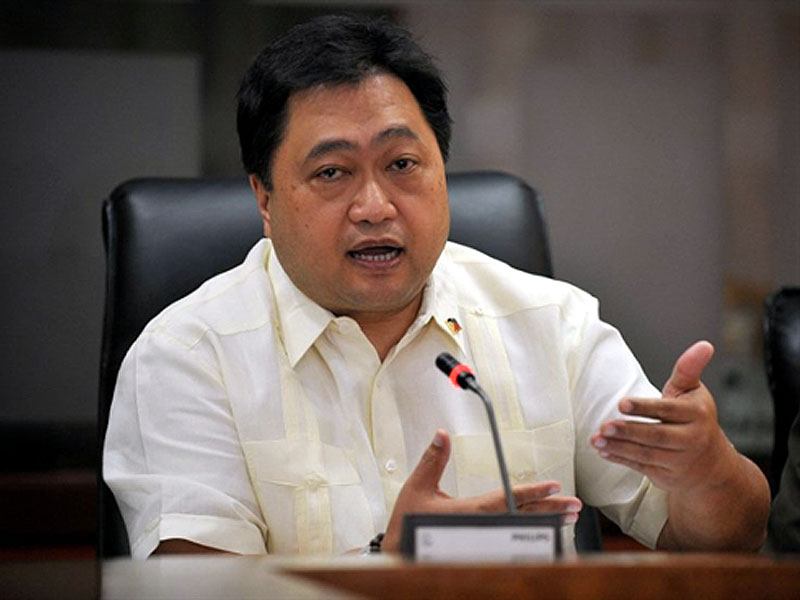Franchising to play key role in PH
MANILA, Philippine—Franchising can play a crucial role in sustaining the country’s robust economy because not only can it create job opportunities, boost consumption growth and promote tourism, it can also greatly contribute to the nation’s coffers.
Speaking at the Franchise Asia Philippines 2013 International Conference yesterday, Finance Secretary Cesar V. Purisima said that the country’s 1,300 franchisers and 125,000 franchisees should be proud because they can contribute significantly to the Philippine economy, especially since 70 percent of the country’s growth is driven by consumption.
“The franchising association can play a very pivotal role because you’re at the heart of the Filipinos, which is consumption, which is shopping. We should take advantage of that,” Purisima said.
Franchises can be crucial drivers of inclusive growth by localizing their supply chains; helping create a strong brand or image for the Philippines for tourism; and most importantly, by declaring themselves to the Bureau of Internal Revenue and pay the right taxes.
Franchising firms, he noted, must make an effort not to give in to the easy way, which is to import everything.
Article continues after this advertisementInstead, companies must reach out to local suppliers, train them and teach them the necessary technical know-how that will allow these suppliers become partners in their businesses.
Article continues after this advertisementPurisima likewise urged the creation of local brands “that can transcend cultures” and can represent the Philippines abroad. There is a need to create more interesting and unique souvenirs that tourists may bring back to their respective countries.
Franchises are likewise urged to help the government in its tax collection efforts by remitting the right amount of taxes.
Samie Lim, chair emeritus of the Philippine Franchise Association, noted that the franchising system has become a tool to “float” the underground economy, or the small businesses that have been taught to fix their books and have a clear-cut system in fixing their books.
“As a sector, we are one of the most tax-compliant,” Lim said on behalf of PFA members.
Meanwhile, at the heart of all these initiatives toward inclusive growth is good governance, according to Purisima.
“Good governance is good economics,” Purisma stressed.
This, he said, allows a government to unleash its potential and reap the dividends such as tax compliance among people and businesses which, in turn, paves the way for bigger space in the budget that can be used for more projects like infrastructure while it boosts investor confidence, among others.
“The concept of good governance as a foundation for a country that prospers cannot be underrated. It is at the heart of success for many countries. We have to start following the rules because it is for our own good… If we sustain this at the private sector, we will be able to create a solid foundation or even a higher path of growth,” Purisima said.
